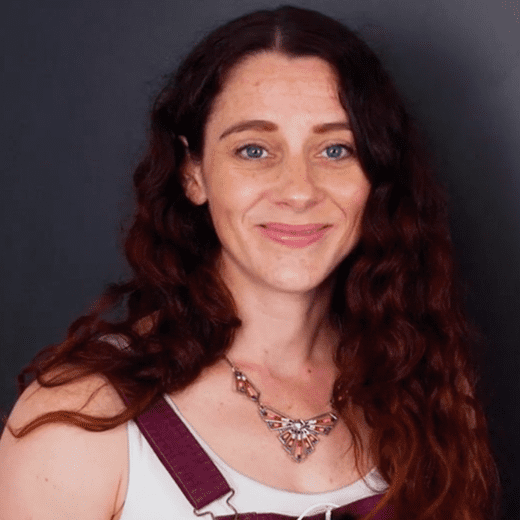L'énoncé
Lire les questions et choisir la réponse correcte.
Tu as obtenu le score de
Question 1
Compléter avec la bonne forme :
Paul: Why are you so sad, Jane?
Jane: Because ... . I hate going to the doctor.
Because I mustn't see the dentist today.
Because I must see the dentist today.
Because I must to see the dentist today.
On ne met jamais le "to" après "must".
Because I must not go to the dentist.
Fais attention, il y a une option qui n'est pas grammaticalement correcte.
Question 2
Choisir la phrase correctement réécrite en utilisant le futur avec will :
You must learn how to drive, Sarah.
You will must learn how to drive, Sarah.
You must will learn how to drive, Sarah.
You will not learn how to drive, Sarah.
You will have to learn how to drive, Sarah.
Dans le futur, pour exprimer l'obligation, on utilise have to.
Question 3
Choisir la phrase avec les mots dans le bon ordre :
repeat/again/I/must/this
Must I repeat this again?
Must fonctionne comme un auxiliaire, il est placé au début de la phrase s'il s'agit d'une question.
I must repeat this again?
Must repeat I this again?
Again must I repeat this?
Must est placé au début de la phrase quand il s'agit d'une question.
Question 4
Compléter avec la bonne réponse :
It ... be a joke. They can't have gone out together, they are so different.
mustn't
musted
musts
must
Must est invariable !
Must peut-il changer de forme ?
Question 5
Pourquoi cette phrase est incorrecte grammaticalement ?
We must to change our business plan immediately.
Parce qu'on ne peut jamais mettre deux auxiliaires modaux ensemble.
Parce que must ne peut jamais être suivi d'un infinitif.
Parce que must ne peut jamais être suivi d'une base verbale.
Parce que must doit être suivi de la base verbale.
Attention, il peut y avoir deux réponses correctes.
Question 6
Choisir la traduction correcte de la phrase suivante :
Il doit être réveillé, les lumières de sa chambre sont allumées.
He can't be awake, the lights of his bedroom are on.
He mustn't be awake, the lights of his bedroom are on.
He will have to be awake, the lights of his bedroom are on.
He must be awake, the lights of his bedroom are on.
On peut utiliser must pour exprimer la déduction.
Quel temps est utilisé dans la phrase d'origine ? Présent ou futur ?
Question 7
Trouver l'erreur dans ces phrases :
She told me she must write an essay for school and that's why she couldn't come to see me at the hospital, but it was a lie. She went to a party instead, I saw the pictures! I haven't written her since. She must be really mad at me, but I don't care.
She must be really mad at me, but I don't care. => On doit utiliser mustn't à la place de must.
She told me she must write an essay for school and that's why she couldn't come to see me at the hospital, but it was a lie. => On doit utiliser had to à la place de must.
La forme passée de must est had to.
She told me she must write an essay for school and that's why she couldn't come to see me at the hospital, but it was a lie. => Après must il faut utiliser l'infinitif : she must to write an essay.
She must be really mad at me, but I don't care. => Il faut utiliser verbe + -ing après must : she must being really mad at me.
Quelle est la forme passée de must ?
Question 8
Choisir le bon ordre des mots :
that/read/book/must/they/not
They must read not that book.
Must not they read that book.
They not must read that book.
They must not read that book.
Question 9
Choisir la bonne réponse :
You ... let me know by friday if you're coming to the school trip or not.
had to
must
mustn't
must have to
Question 10
We must have left the keys on the car. Cette phrase exprime :
La déduction.
L'obligation.
La permission.
La négation.

Dans ce cas, must exprime l'obligation.